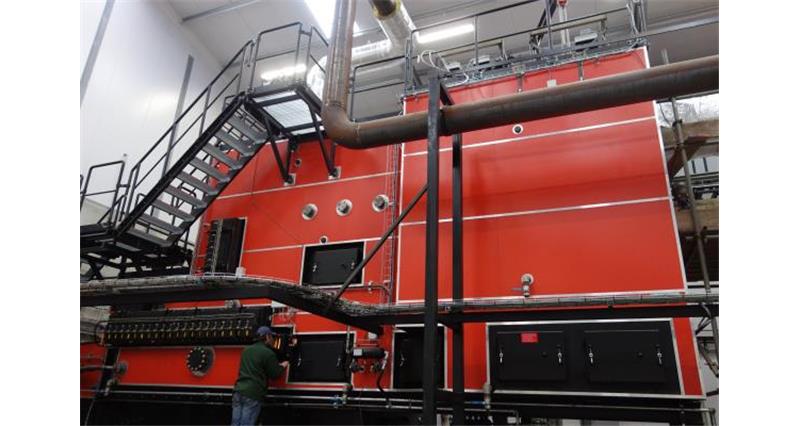Amended RHI regulations will decrease payments to new biomass CHP systems where the apparent power efficiency is lower than 20%, effective 1st August. Industry was given only 21 days’ notice, and neither DECC nor the new BEIS formally consulted with the relevant industry trade associations or other stakeholders. The NFU strongly contests these regulatory changes because of the manner in which they have been applied, leaving no opportunity for heavily committed projects to complete commissioning and, therefore, severely disadvantaging these investments.
This change also discourages low-carbon innovation, for example, the addition of Organic Rankine Cycle and other small CHP systems to biomass heating for livestock housing and horticulture, where the optimum balance of electricity and heat is demonstrably less than 20%.
The NFU is working with the Renewable Energy Association (REA) and Farm Energy Centre in trying to resolve this matter through discussion with DBEIS officials, but we have also raised the matter with Secretary of State Andrea Leadsom and have written to the new energy minister Baroness Neville-Rolfe. The REA has surveyed over £140m worth of investment affected by this change, with a combined 203 MW of heat and 20 MW of electricity capacity. Stakeholders are calling for a delay or withdrawal of the regulatory change, proper consultation to examine the impact on current projects, and/or a grace period for those who can demonstrate that they have already made a significant financial commitment.
NFU members installing new biomass CHP systems who believe they may be affected should contact Jon Swain at Farm Energy Centre, and may also wish to contact their MP.
